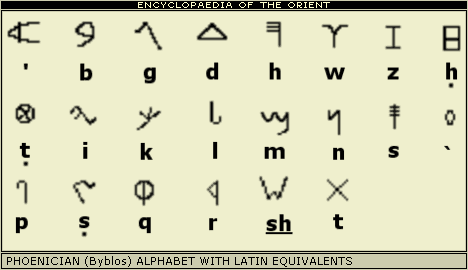
No, thats not a tiyp-o. At leest, not an aksidental wun.
Stik with mee on this for a wiyl.
Iyv bin thingking laytly about how langwage evolvs and reeliyzing that we hav ay krayzy amount ov speling deetriytus that haz akyumyulayted over the sentyurees.
Wiy, for exampel, doo wee hav the leter “c”? Iz it for the “hard” sound? “K” kan tayk cayr ov that. The “soft” sound? I think “s” iz just fiyn.
Oh, but the Romanz had ay “c”, u may say. Yes, but they didint hav ay “k” (at leest, they almost never yoozd it). Thatz wat “c” wuz for. That faymus emperor? If yoo spel hiz naym liyk it soundz, it wood be “Kaiser”. (The Jermanz got that riyt.)
And i go mad about “ph”. Izint it a bit iyronik that the veyry wurd “phonetic” iz not, in fakt, “phonetic”?
Newz flash: There waz no “ph” in Greek. Just ay leter that wee spel az “phi.” And surpriyz, there waz no “f”, or moor akyuraytly, theyr waz “phi”, wich mayd the saym sound. So wiy dont we just yooz our own, perfektlee fiyn leter “f” for filosofee, fonetik, filologee, et cetera? (Thatz “et ketera”, BTW.) But sins wee hav no “theta” or “chi” i just hav to aksept “th” and “ch”.
Chainjing all theez spelings may not bee az krayzee az it furst apeerz. Neerlee evreething in Spanish is fonetic (inclooding “fonetic”), for exampel.
Yeah, it loox weerd. But tel me this liyn up doznt:
- people
- telephone
- scent
- Thomas
- philanthropist
- to, too, two
- whose, who’s
- accidental
- little
- for, four, fore
- Michael
- jacket
- light
- et cetera
